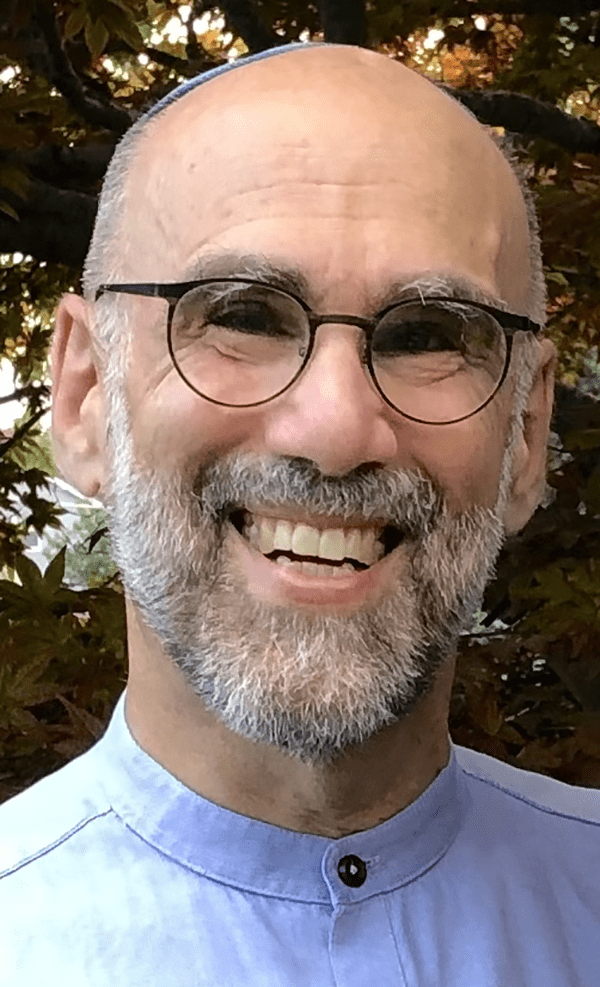Parshat Lech-Lecha 5785
We make assumptions about others based on what we see: what they wear, what they drive, their work, past-times… And we project upon the other who passes our superficial entrance exam what we want them to be — i.e., more like us!
Breath (Yizkor KN5785)
My recent posts...
Can You Hear Me (KN 5785)
My recent posts...
Yom Kippur Singing
My recent posts...Over the decades, I have composed melodies for some of the texts we use in our prayer services. (I've written English interpretations of the texts for a few of them.) Some of them are posted here so we can sing them together at Shirat Hayam and, even...
Renewing Relationship
My mahzor (pronounced mach-zor) for Rosh Hashana and Yom Kippur services has had a good rest. Now, after more than ten months, I get to renew a relationship with this old friend. It is always an experience: Readings tipped in or just placed amid the pages; pencilled instructions (skip, repeat, English), many of which are reasonably clear; stickies here, highlights there, a random paper clip or two.…
For me, the familiar mahzor texts evoke long-ago-learned melodies and some newer tunes, including several originals. I’m reminded of where I learned this prayer, or of having been transported by that piyyut (liturgical poem), or, when leading a service, rare and treasured moments when I felt that we had all transcended the physical space.
The Conservative movement’s Lev Shalem mahzor is the third iteration I’ve known of our guidebook for the Days of Awe, and, for me, it stands out as a work that should appeal to the neophyte and the veteran. The Lev Shalem has “prayable” English and is enhanced by explanations — about composition, meanings, history, and the like — and inspirations, such as alternate translations and related poems or texts.
More important, though, is the relationship that we renew with one another every year at this time. Many of us connected this summer over a couple of great musical presentations, at Devotion by the Ocean, at game days, Kulp Scholar Shabbat, or at various services. The shared experience of the High Holy Days, however, opens the possibility of deeper bonds, whether spurred by the music, teachings or group praying of the day, or by one’s personal history in our shul and the joy and comfort of being with people we’ve known for years.
As autumn approaches, we seek to renew our selves in whatever ways we deem most important. Likewise, we can take the time and make the effort to renew personal and communal relationships.
Renew and refresh. What a great way to start a new year!
Shabbat shalom ! שבת שלום


